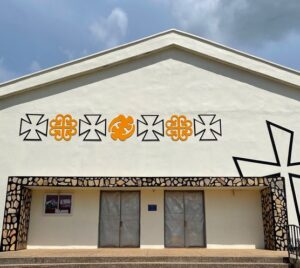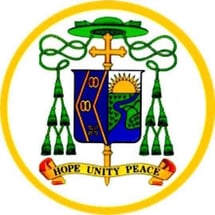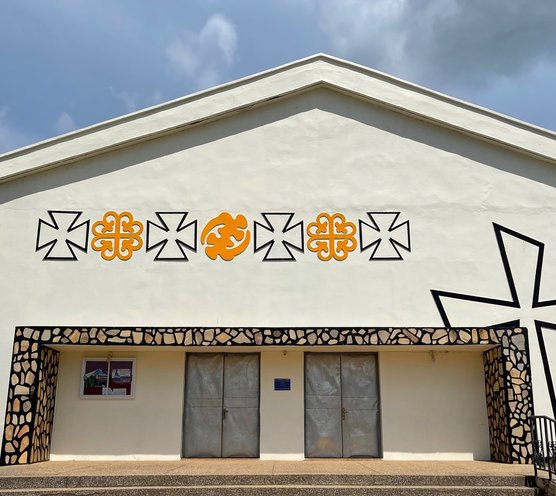
St. Pope John Paul II erected the Catholic Diocese of Jasikan on December 19, 1994 by carving it out of the then Keta-Ho Diocese. Rev. Fr. Gabriel Akwasi Ababio Mante was appointed as its first Bishop.
The Jasikan Diocese occupies the Oti Region constituting 51% of the total land surface area. It is bordered on the north by the Yendi Diocese, on the south by the Diocese of Ho, on the east by the Republic of Togo and on the west by the Volta Lake. The Diocese is made of eight political districts; namely Jasikan, Kadjebi, Nkwanta South, Nkwanta North, Krachi East, Krachi West, Krachi-Nchumuru and Biakoye.
There are about twenty (20) ethnic groups within the Diocese. These are Adele, Kwahu, Akuapem, Asante, Akposso, Atwede, Basari, Bowiri, Buem, Challa, Ewe, Kabye, Konkomba, Kotokoli, Krachi, Nawuri, Nchumuru, Nkonya, and Ntrubo. Despite this diversity, none of these ethnic groups holds a dominant cultural and political position of the Diocese. The mixed ethnic composition does not serve as a language barrier, because the Twi and Ewe languages are widely spoken.
The vision of the Diocese is to create a family of God which is at peace with itself and others, prosperous and just as well as reflecting the gospel values of love, compassion, solidarity and stewardship of God’s creation. The mission is to evangelize by drawing people to Jesus Christ through pastoral and socio-economic care, as mandated by Christ in Matthew 28:19 and Acts 1:7.
The land surface of the Diocese is largely rural with a high percentage of illiteracy. Industries and other business ventures that should help diversify economic activities are almost absent. Thus, life is largely organized around subsistence farming and petty trading. The main food items produced include, yam, plantain, cassava, rice and cereals. The area lacks in social amenities and road infrastructure.

